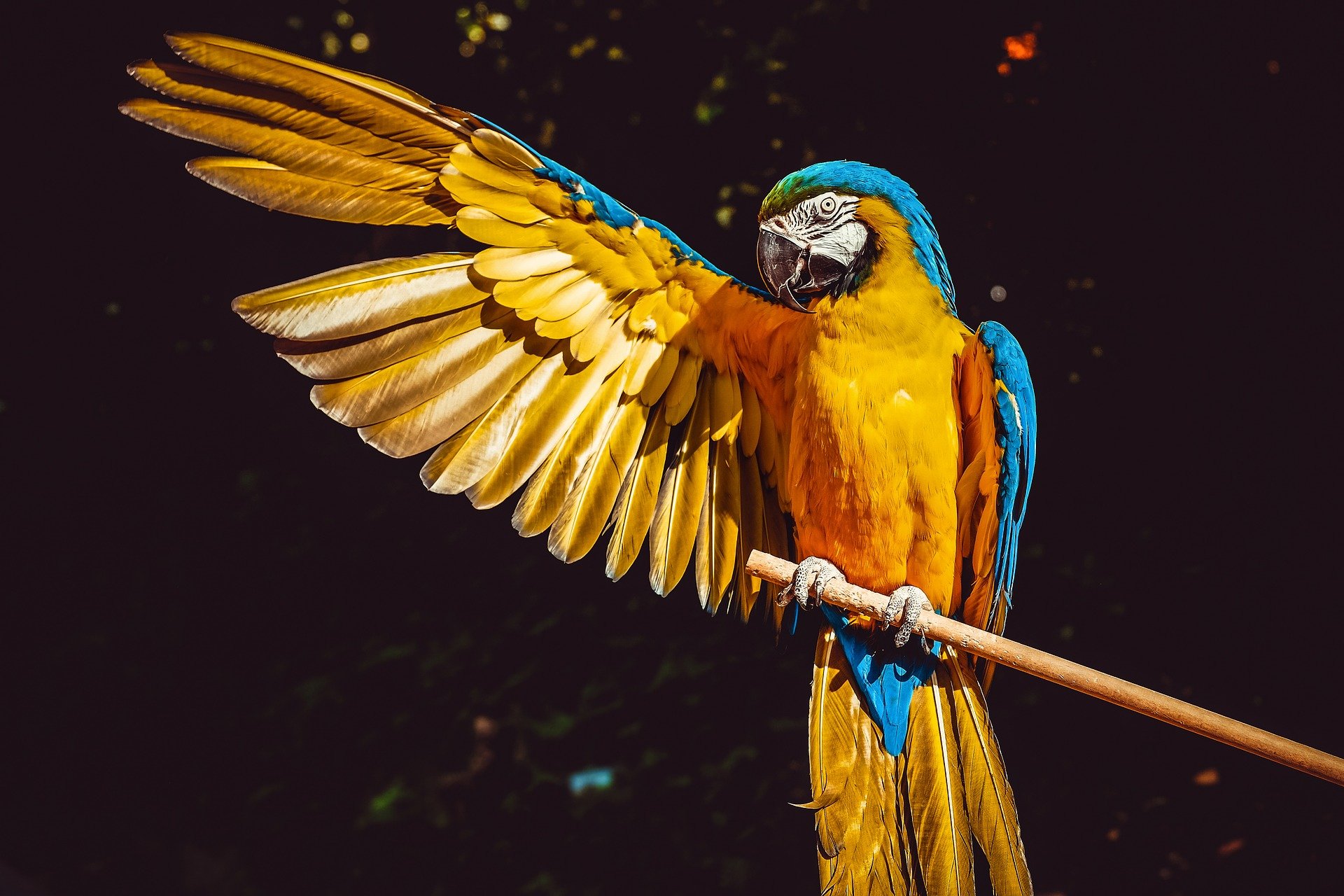
Welcome to the Nerd Corner - that one table in the cafeteria where conversations tend to revolve around weird and fascinating historical events, odd science, J.R.R. Tolkien, five-cent words, and the quirky ways the threads of the world entwine. Add a good dose of Catholicism, and the Nerd Corner gets pretty fun.
My daily commute is 20 minutes through the corn and bean fields of Indiana’s farm country. It’s a bit different from my former Ann Arbor city street commute, and it’s brought me a bit closer to nature. One morning, I started wondering why on earth God created so many different varieties of birds. It seems a silly question. But think about it. Raptors, carrion-eaters, seed-eaters ... I can easily see why, for the sake of a functioning food chain, we need different birds. But did we seriously need 43 species of sparrow, 23 variations on a theme of vulture, and 300 types of pigeons? (Not even kidding. Ask the internet, which will also tell you that scientists estimate 8.7 million species of animals exist on the planet at the moment.) And, when it comes down to it, why scatter 400,000 types of flowering plant species across the globe? Evolution, while it might explain the how, doesn't quite have an answer for the why. One might even expect evolution to be a bit more efficient with species distribution.
So I contemplated a bit. And I came up with a whole batch of possibilities. a) Because God made us each completely unique, does the variety of creation match that uniqueness? We are each drawn to him differently, and one person might find beauty, truth, and goodness in a little corner of creation where someone else wouldn't. b) Because God is infinite, is the variety in His creation a glimpse into that infinity? c) Is it to keep us humble, realizing that God created this incredible world and we totally don't deserve it? d) Is God showing us just how much He loves us by all the pretty things He made for our world? And then I did a little research. The answer? Yes. All of my ideas are valid. But wait, there’s more.

Honestly, I was rather excited to discover that I wasn’t the first one to ask this question. Turns out the Angelic Doctor asked it a few hundred years ago, and thought it important enough to include in the Summa Theologiae. First Part, Question 47, Article 1: “Whether the multitude and distinction of things come from God?” Once you get to the relevant bit after all the slightly-complicated Thomism, he says:
For He brought things into being in order that His goodness might be communicated to creatures, and be represented by them; and because His goodness could not be adequately represented by one creature alone, He produced many and diverse creatures, that what was wanting to one in the representation of the divine goodness might be supplied by another. For goodness, which in God is simple and uniform, in creatures is manifold and divided and hence the whole universe together participates the divine goodness more perfectly, and represents it better than any single creature whatever.In laymen’s terms, when God created the world, it was with the goal of drawing His favorite creature, man, to Himself -- communicating His goodness in a way we can observe, feel, smell, encounter, and wonder at. But God is infinite! How can creation adequately represent Him to limited, mortal man? Well, by presenting in as many ways as possible a little piece of the infinite Good who stands behind each individual flower, each bird, each tree, who brought them out of nothing and sustains them in being, who watches over their -- and our -- growing and dying. In the way a blue cornflower cannot, a red rose shows us our God. In the way a house finch cannot, a goldfinch conveys Him to our minds and hearts. Take a moment today to marvel at the incredible variety of the created world that surrounds you. And look beyond it - to Him who cares so much and so deeply that He also created you.
Copyright 2018 Rebecca Willen
Images: Pixabay (2015); Pixabay (2018)
About the Author

Rebecca W. Martin
Rebecca W. Martin, a trade book Acquisitions Editor for Our Sunday Visitor and Assistant Editor at Chrism Press, lives in Michigan with her husband and too many cats. A perpetually professed Lay Dominican, Rebecca serves as editor for Veritas, a quarterly Lay Dominican publication. Her children’s book Meet Sister Mary Margaret will release in fall 2023 from OSV Kids.


.png?width=1806&height=731&name=CatholicMom_hcfm_logo1_pos_871c_2728c%20(002).png)
Comments